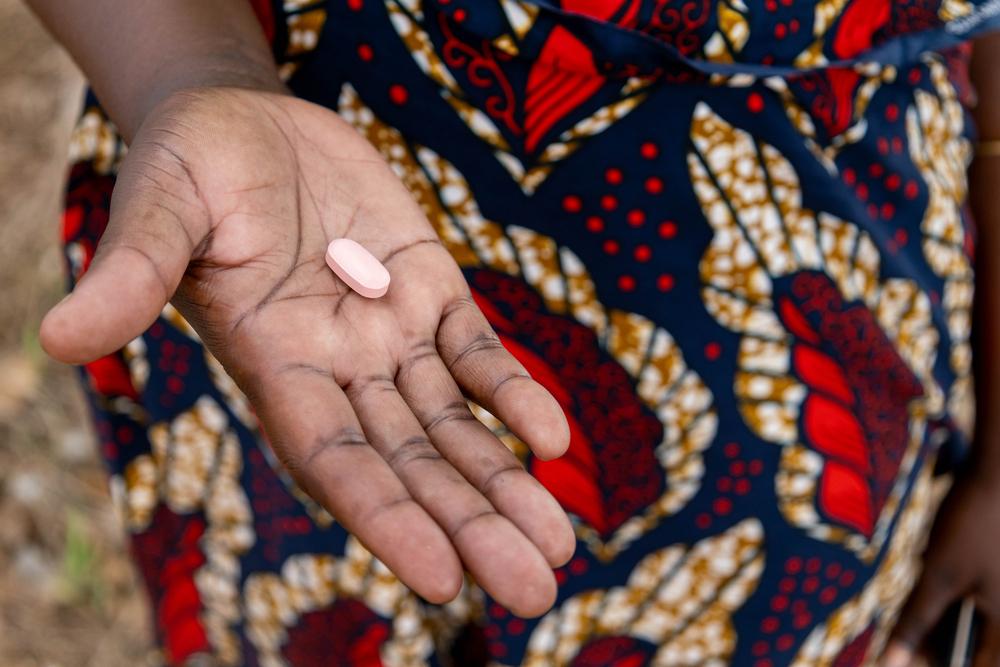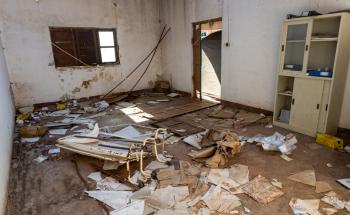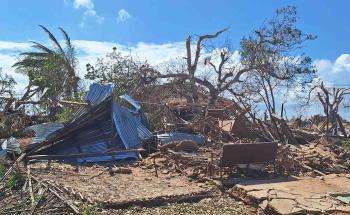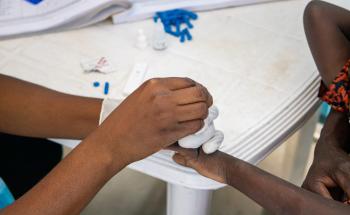It has been one of these weeks. We admitted three children as inpatients at the same time. The youngest is just one year old and is severely malnourished. Of the other two (6 and 7 years old), one is seriously ill with malaria, and the other suffers from anaemia. The grandmothers who brought the children to our hospital in La Palma in the north of Mozambique report that they have lost their mothers. When we tested them for HIV, it turned out that all three were HIV-positive.

Despite good medication for HIV, treatment is a challenge
Here in Mozambique, 2.4 million people are living with HIV, that's 13 per cent of the population - and young people are particularly affected. I am a doctor and MSF’s medical focal point for HIV and tuberculosis in the north of Mozambique in the Cabo Delgado district. MSF is currently the only organisation providing HIV care here.
Nowadays, HIV is easily treatable - with so-called antiretroviral drugs (ART). However, it is important that people stay on ART for the rest of their lives. The level of the virus is then reduced to such an extent that the virus can no longer be transmitted, and those affected can lead a relatively unrestricted life.
When treating our patients, we are not only fighting against a virus but against a whole range of factors: there is still a lot of misinformation circulating about HIV. Our country’s culture also plays a significant role here, as many patients first go to a traditional healer before turning to conventional doctors. Adding to the challenging situation is the stigmatisation of the infection in society.Dr Edwin Moshi, focal person for HIV & tuberculosis in Mozambique, Cabo Delgado
This may sound simple, but it is a challenge in Mozambique, as in many other countries. My colleagues in Guinea, Pakistan, Malawi, Uzbekistan, India and the Democratic Republic of the Congo face the same or similar challenges in treating people with HIV as we do here in Mozambique.
On the one hand, there is a lack of adequate healthcare in many places. In remote regions, in particular, people spend hours travelling to the few health posts—or there is no medical care. On the other hand, recurring armed conflicts in many regions make it difficult to guarantee continuous care. The violence prevents people from accessing medical care structures.
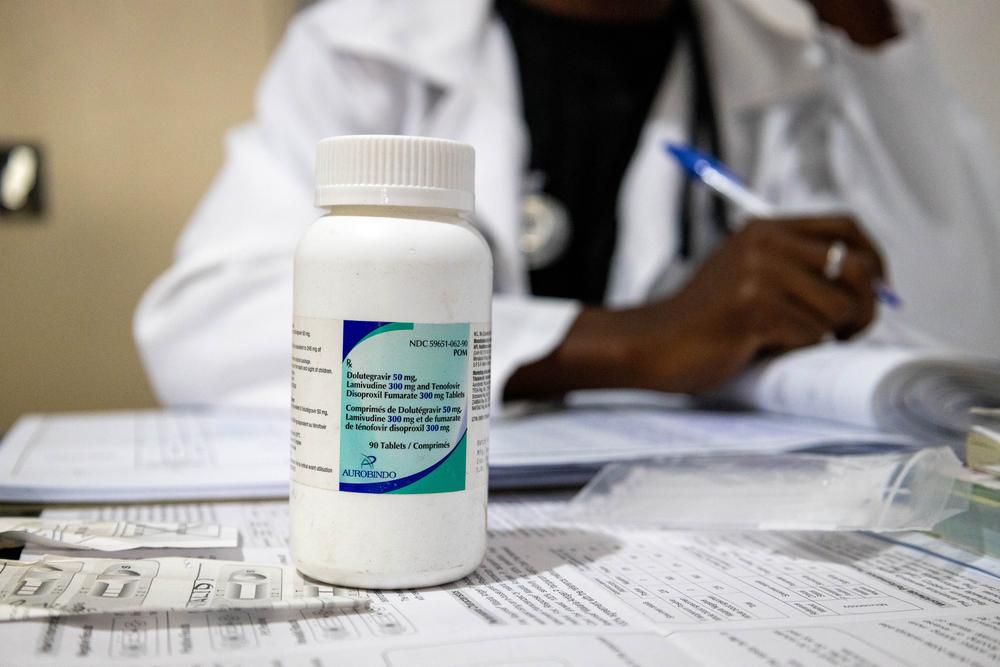
If left untreated, HIV is only the first disease
An HIV infection severely weakens the body and the immune system. Therefore, people who carry the virus are very susceptible to other diseases. A patient suffering from several diseases simultaneously is correspondingly more complex to treat. For example, a woman I have been accompanying for a long time, let us call her Amina*.
Amina* is HIV-positive and lost her son to the virus last year. She had started treatment with ART but did not manage to take the medication continuously. Now, she also has tuberculosis. Being pregnant again, she is motivated to start her treatment anew. So, we are treating her tuberculosis and her HIV - if things go well, the child will be born HIV-negative.
When treating our patients, we are not only fighting against a virus but against a whole range of factors: there is still a lot of misinformation circulating about HIV. Our country’s culture also plays a significant role here, as many patients first go to a traditional healer before turning to conventional doctors. Adding to the challenging situation is the stigmatization of the infection in society. For those affected, it often means being shamed and excluded, which in turn can have serious consequences for people's mental health. We, therefore, focus on health promotion, working closely with the communities, and have established relationships with traditional healers.
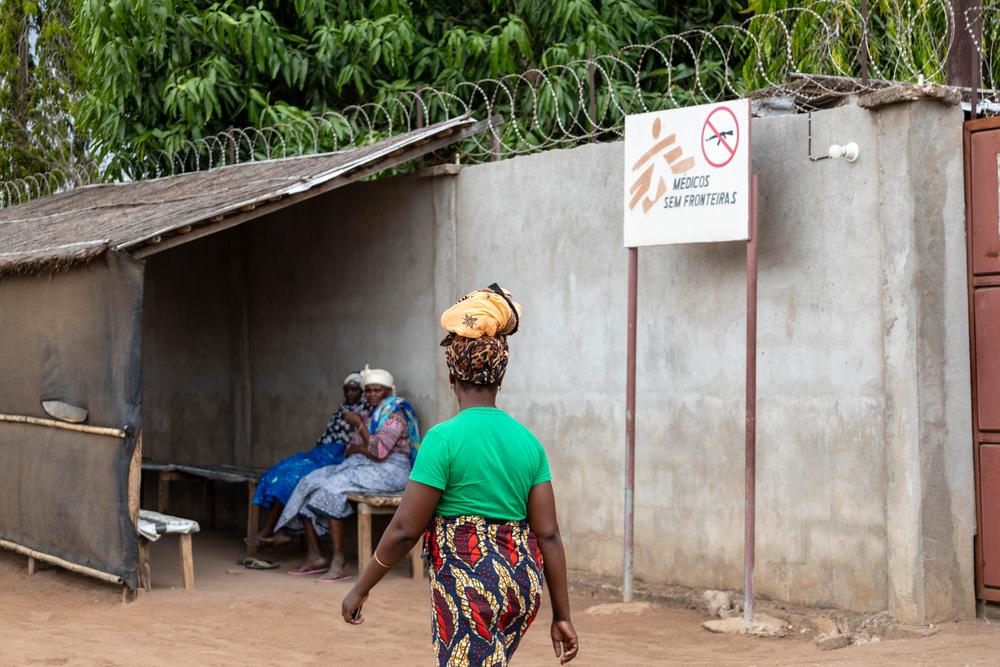
The beginning is the test
Before any treatment, a diagnosis is needed. Even though there would be a quicker and simpler solution, we send the children’s samples to the laboratory in the city of Pemba, 419 kilometres away. Sometimes, it takes months for our little patients to receive their results. For children under 18 months, the WHO recommends a PCR test, such as the GeneXpert test, from the pharmaceutical manufacturer Cepheid. These tests are easy to use and provide accurate results for HIV, tuberculosis, hepatitis and many other diseases very quickly. However, they are hardly available here in Mozambique, as in many other low- and middle-income countries, because the tests and the machine that runs them are very expensive.
The HIV situation in Mozambique and other countries is not under control, and we are still battling an epidemic in many places. But how can we contain the virus if we can't even test everyone?
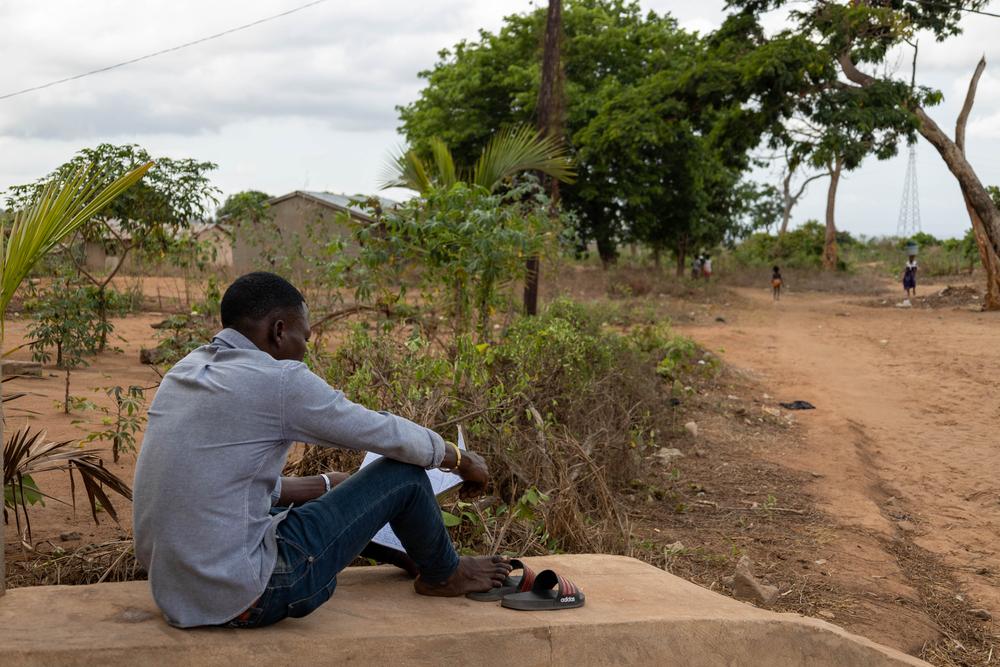
What can we do to help treat HIV
To change this, we at Doctors Without Borders (MSF) have launched a campaign to get Cepheid manufacturer to lower the prices of their GeneXper tests. You can support us by signing the petition now!
Meanwhile, my team and I are doing what we can. Together with our colleagues from the Ministry of Health, we are treating people at the health centre in Palma. We test people and distribute drugs. We carry out follow-up examinations, provide information about the disease, and offer psychosocial support. We also locate people whose ART treatment has been interrupted to provide them with ongoing HIV care.
I am lucky and privileged to work with a highly motivated team that tackles the many challenges and saves lives daily. And I focus on what is possible - what can still be done, like the three children who have just arrived here. Once their malnutrition, malaria and anaemia are under control, they will be put on ART, and their grandmothers will be given all the information they need to ensure that they continue their HIV treatment when they return home and take their medication every day.
